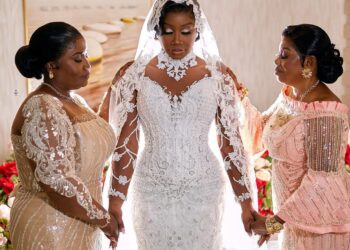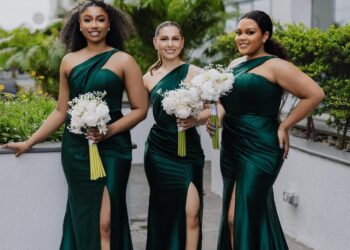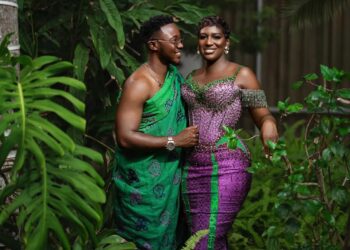In the wedding industry, civil or court weddings stand tall as a celebration of simplicity and intimacy. In contrast to traditional weddings, they stray away from luxury and extravagant opulence. When a couple in Ghana, decide to plan and have a civil wedding, their focus is to share the moment with a select few who are closest to them.
Additionally, this type of wedding not only reduces the stress and expenses that’s often associated with large traditional ceremonies but also creates a more personal and memorable experience for everyone involved. Undoubtedly, it’s a wonderful option for those who value genuine connection and a serene, heartfelt celebration of their love.
The Ghanaian law recognizes 3 types of marriage – Marriage by ordinance, Customary marriage and Islamic marriages. The ordinance marriage is the civil/court wedding and in the Ghanaian setting takes place in a District registry or metropolitan assembly. In this blog, we will delve into how to plan a civil wedding in Ghana.
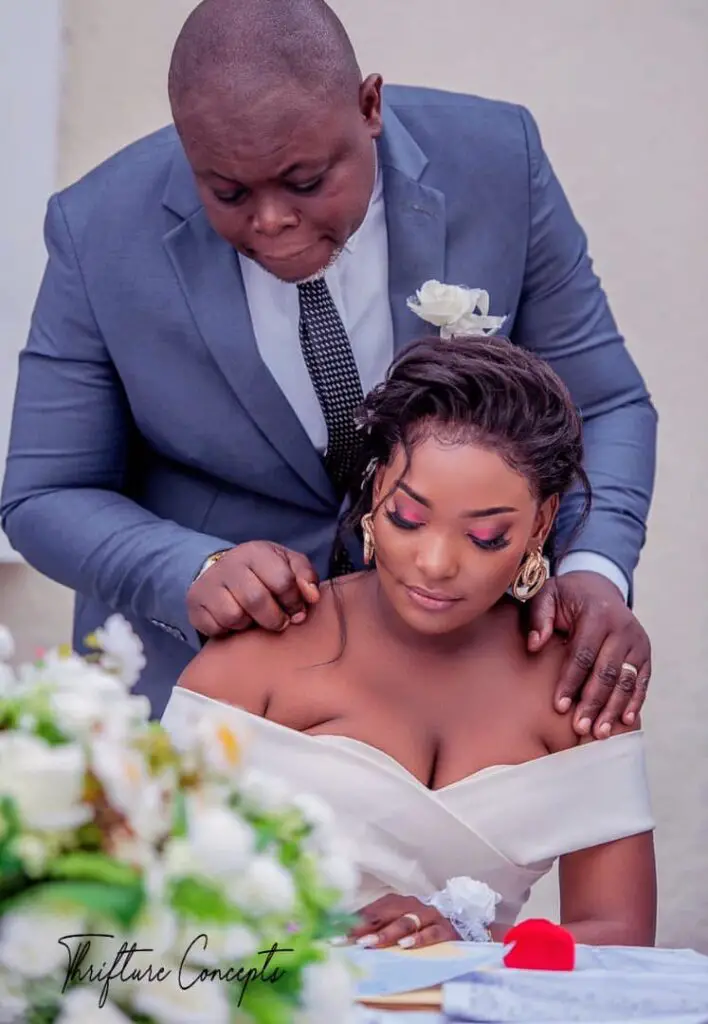
How to Plan A Civil Wedding(Processes Involved).
Planning a civil wedding in Ghana involves several steps to ensure the process is smooth and compliant with local laws. Here’s a detailed guide to help you through the process:
- Firstly, ensure you hold the traditional marriage. The traditional marriage is a requirement for the court wedding.
- Visit the Registrar at your local District/Municipal/Metropolitan Assembly. Pick up the form, fill out and submit it. This form includes details about the couple and a declaration that there are no legal impediments to the marriage.
- The Registrar’s office will publish the notice of marriage on the notice board for 21 days to allow for any objections. This allows anyone to raise objections.
- If no one raises objections within the 21-day period, the Registrar will issue you a marriage license. This license is valid for three months.
- Schedule your wedding date with the Registrar. Ensure this is within the three-month validity period of your marriage license.
- The Registrar’s office or any other authorized venue usually hosts the civil ceremony. You will need two witnesses present at the ceremony. The Registrar will officiate the ceremony, during which you will sign the marriage register.
- After the ceremony, the authorities will issue you a marriage certificate. This is an official document proving the legality of your marriage.
- If you wish to change your name after marriage, there are a few steps to follow. You can also put into consideration these options before changing your name.
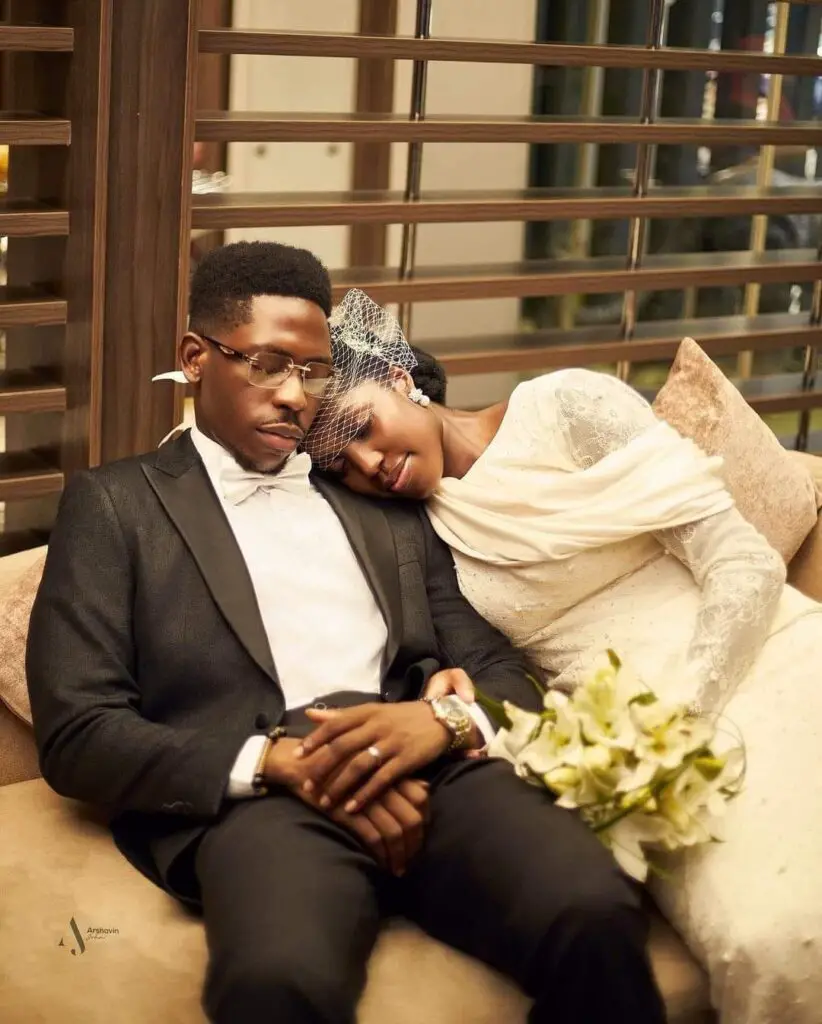
Requirements for a Wedding in Ghana.
- The parties involved should be 18 years and above.
- None of the parties should be married already.
- Names of the parties getting married.
- Two witnesses
- Valid ID
- If a foreigner is involved, resident permit is required. Get more information from Registrar General’s Department.



